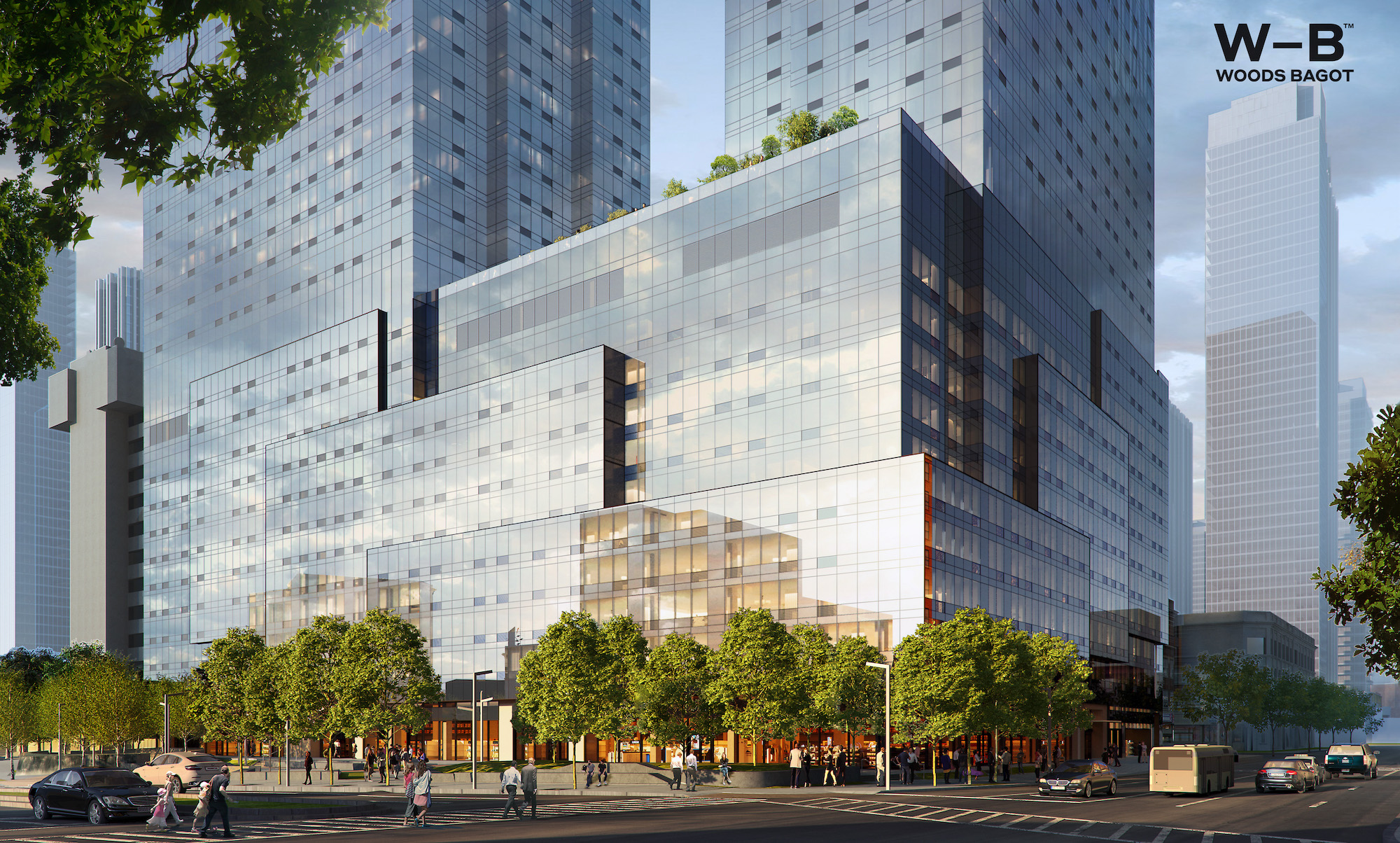Rent and mortgage assistance, restaurant relief, PPP money and more
National /March 08, 2021 02:15 PMBy Sasha Jones
President Joe Biden’s American Rescue Plan was passed over the weekend. (Getty / Photo Illustration by Kevin Rebong for The Real Deal)
From rent relief to aid for restaurants, the $1.9 trillion stimulus package has lots of goodies for real estate.
President Joe Biden’s American Rescue Plan was passed Saturday by the Senate and is headed back to the House, which is expected to follow suit.Read more
- National eviction moratorium ruled unconstitutional, but remains in place
- Biden to extend limits on evictions, foreclosures
- Lawmakers propose canceling restaurant rent, providing relief for landlords
Here are five provisions noteworthy for the real estate industry:
1. Rent and mortgage assistance
The bill includes $21.55 billion for emergency rental assistance, $5 billion for emergency housing vouchers and $100 million for rural housing.
It also provides funds for marginalized communities hurt by the coronavirus pandemic, such as $5 billion to help people experiencing homelessness and $750 million for Native American communities.ADVERTISEMENT
Distribution will be handled by state and local governments and will vary.
One measure the bill does not touch is the national eviction moratorium, which was recently extended through March. Its future after that is uncertain.
2. Small businesses and restaurants
Restaurants (and their landlords) are among the big winners in the package, as $28.6 billion would go to eligible eateries in grants of up to $5 million.
Restaurant owners would also be eligible for a $15 billion Emergency Injury Disaster Loan program, which provides long-term, low-interest loans. Businesses with 10 or fewer employees would be given priority.
The package appropriates $7.25 billion to the Paycheck Protection Program, which has already disbursed more than $662 billion in forgivable loans. However, the bill does not extend the current application period, which is scheduled to close March 31.ADVERTISEMENT
Most restaurateurs were relieved that a federal minimum-wage increase was dropped from the bill. Some states, including New York, already have a much higher minimum, but in those that do not, tipped staff can still be paid a base wage as low as $2.13 an hour.
3. State and local relief
State and local governments are facing pandemic-induced budget shortfalls in the coming months and years, raising concerns among real estate interests that taxes would be jacked up to close the gap.
But the Biden bill designates $350 billion to states, cities, tribal governments and U.S. territories to mitigate the impacts of the coronavirus pandemic.
The bill also adds a $10 billion infrastructure program to help local governments with capital projects.
The money takes pressure off lawmakers to raise property, income and transfer taxes, which affect migration patterns and to some extent business location decisions, and thus real estate values and rents.ADVERTISEMENT
4. Homelessness
In addition to the $5 billion for people experiencing homelessness, the bill provides $510 million for the FEMA Emergency Food and Shelter Program, which supports homeless services providers. That money may be used for overnight shelter, meals, one month’s rent and mortgage assistance and one month’s utility payments.
5. Stimulus checks
The $1,400 payments that Americans have been patiently awaiting for months could arrive as soon as next week. Individuals making under $75,000 and couples filing jointly making under $150,000 would receive $1,400 per person. The bill also provides $1,400 per dependent.
Smaller checks will go out to individuals making more than $75,000 and couples making more than $150,000, but the benefit phases out and reaches zero at $80,000 and $160,000, respectively.
Meant to boost the economy, the checks make up roughly $400 billion of the package. The previous two stimulus checks have been correlated with increased retail spending, benefiting retailers and, indirectly, their landlords.



